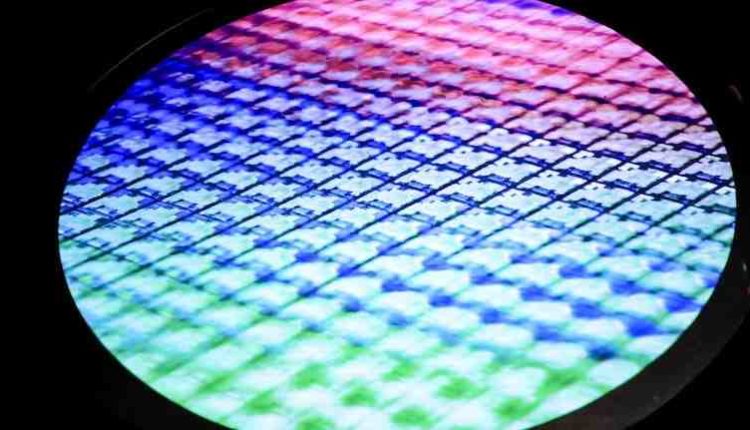Illuminating Innovations: Nitride-based Semiconductors in Ultraviolet Light-Emitting Diodes (LEDs)
The dawn of the semiconductor age heralded numerous technological advancements, and light-emitting diodes (LEDs) stand among the most notable. Specifically, Ultraviolet (UV) LEDs, with their varied applications, have increasingly gained traction. Among these, nitride-based semiconductors have emerged as vital players, offering exceptional performance and innovation potential.

What Makes Nitride Semiconductors Special?
Nitride semiconductors, like Gallium Nitride (GaN) and Aluminum Gallium Nitride (AlGaN), offer unique electrical and optical properties that make them ideal for UV LEDs. These materials enable high-efficiency deep-ultraviolet light-emitting diodes and promise to overcome the notorious ‘efficiency droop,’ a phenomenon that plagues standard LEDs.

Nitride-based Semiconductors in UV LEDs
Nitride-based semiconductors are vital for UV LEDs, particularly for those operating in the deep UV spectrum. The AlGaN-based deep ultraviolet light-emitting diodes are prime examples, emitting at 265 nm, a wavelength that’s perfect for sterilization purposes.
However, UV LED performance hinges on achieving an optimal light extraction efficiency. Advancements in band engineering and techniques such as metalorganic chemical vapor deposition are being deployed to enhance light extraction. As a result, we are witnessing UV LEDs with improved thermal performance and external quantum efficiency.
Overcoming Challenges with Nitride Semiconductors
While nitride-based light-emitting LEDs show promise, they are not without challenges. One of the key hurdles is the so-called ‘efficiency droop.’ As the drive current of a LED increases, the efficiency paradoxically decreases. Several theories, like the overflow from the active region, have been proposed to explain this phenomenon, but conclusive evidence remains elusive.
Another issue is the low light extraction efficiency, which stems from the unique characteristics of ultraviolet light. Thankfully, strides in enhancing the light extraction efficiency have been made, leading to an increased light output power.
The Future of Nitride-based Semiconductors in UV LEDs
Despite these challenges, the future for nitride-based semiconductors in UV LEDs is bright. Researchers are actively exploring different nitride materials, such as hexagonal boron nitride, to achieve better UV LED performance. Deep-ultraviolet light-emitting diodes fabricated on AlN substrates are another area of active investigation.
Notably, nitride semiconductors aren’t limited to UV LEDs; they also have applications in laser diodes. A recent study reported a 271.8 nm deep-ultraviolet laser diode for room temperature operation, a significant milestone for the field.
Conclusion
As we delve deeper into the realm of ultraviolet and single-photon emitters, nitride-based semiconductors have established themselves as the cornerstones of this technological revolution. The combination of nitride materials, efficient light emission, and innovative fabrication techniques promises a bright future for UV LEDs and optoelectronic devices.
From sterilization to secure communications, nitride-based semiconductors will continue to play an instrumental role in the evolution of UV LED technology. As we strive for enhanced efficiency, light output, and reduced droop, nitride semiconductors remain at the forefront of our advancements, illuminating the path forward.




Comments are closed.